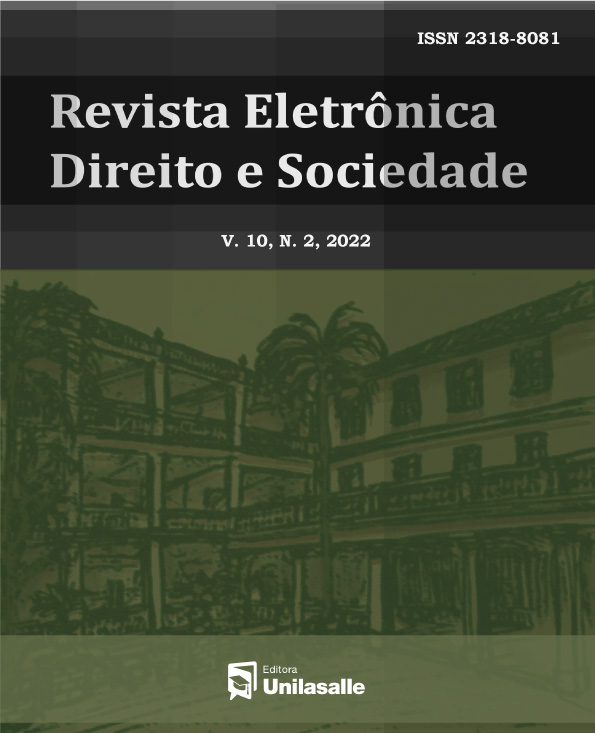La inteligencia artificial y la tecnología robótica como categorías jurídicas
DOI:
https://doi.org/10.18316/redes.v10i2.10278Keywords:
Robótica, Inteligencia artificial, Personalidad electrónica, Cibersujeto, Ética, Sistemas virtualesAbstract
El autor plantea el desafío de la regulación jurídica de las relaciones en el ámbito de la inteligencia artificial y la tecnología robótica en el contexto actual de la situación. Como hipótesis sostiene la posible atribución de una personalidad especial en lugar de analogarlas a la normativa existente. El problema de investigación plantea determinar a que categoría y dentro de que ámbito legal debe establecerse ese atributo particular de personalidad. Para ello analiza a) los diversos sistemas virtuales estableciendo las diferencias entre robótica e inteligencia artificial y luego las distintas formas y clasificaciones de la inteligencia artificial y, b) la normativa inicial de derecho indicativo existente en el ámbito internacional y especialmente los aspectos éticos de la misma. Concluye que la estrategia jurídica exige el rediseño de la Teoría General para no seguir anclada al pasado y postula un estatuto jurídico del ciberujeto de carácter anticipatorio universal-total tanto legal, como técnico de los fundamentos y de las condiciones del desarrollo, lanzamiento, funcionamiento e integración con otros sistemas para armonizar así completamente la robótica y la inteligencia artificial al juego de la vida humana.Downloads
Published
Issue
Section
License
Authors who submit their manuscripts for publication in the “REDES” Magazine agree to the following terms:
The authors claim to be aware that they retain copyright by giving “REDES” the right to publish.
The authors declare to be aware that the work submitted will be licensed under the Creative Commons Non-Commercial Attribution License which allows article sharing with acknowledgment of authorship and publication in this journal.
The authors declare to be aware that by virtue of the articles published in this journal have free public access.
The authors declare, under the penalty of the law, that the text is unpublished and original and that they are aware that plagiarism has been identified, plagiarized authors will be informed - willingly, to take legal action in the civil and criminal sphere - and, plagiarists will have their access to the magazine blocked.
The authors state that - in case of co-authoring - all contributed significantly to the research.
Authors are obliged to provide retractions and (or) corrections of errors in case of detection.
The authors are obliged not to publish the text submitted to “REDES” in another electronic journal (or not).
The Electronic Journal Law and Society - REDES - is licensed under a Creative Commons License. Attribution-NonCommercial 4.0 International.Based on work available at "http://revistas.unilasalle.edu.br/index.php/redes/about/submissions#copyrightNotice".
Permissions in addition to those granted under this license may be available at http://creativecommons.org/.

